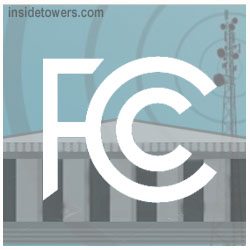Aside from voting on a plan to carve out more spectrum for commercial space launches (see story above), the FCC has other items on tap for its April 22 meeting of interest to the wireless industry.
The Commission is closing the books on the spectrum reconfiguration for public safety systems. In 2004, the Commission adopted a plan to relocate Sprint’s commercial services in the upper range of the 800 MHz band while relocating public safety services to the lower end of the band.
Over 2,100 licensees have moved to new channels in the band, with no interruption to public safety communications during the transition, according to the agency. Now that the re-banding process is now essentially complete the Commission will consider an Order to close out the program and terminate the proceeding.
Over the last two months the agency has taken action to stop 911 fee diversion, better prepare for emergencies, and update the way Americans receive emergency alerts. Now Commissioners will consider a proposal to harmonize and strengthen the rules for reporting 911 outages. “Better outage reporting can save people from wasting time on repeated 911 calls that won’t be answered, which can ultimately save lives,” says FCC Acting Chairwoman Jessica Rosenworcel in a blog.
The Commission is opening the door to license an emerging wireless microphone technology. The FCC says the Wireless Multi-Channel Audio System uses spectrum more efficiently, which enables the use of more microphones per megahertz of spectrum available. It plans to vote on a proposal to allow this new wireless microphone system to operate on a licensed basis, while also exploring the use of this technology on an unlicensed basis.
This past October, the Commission said it would open an application filing window for new noncommercial educational (NCE) FM stations, the first in over a decade. The agency sought public input to set an appropriate application limit. That number is 10, according to the public record. It strikes a balance between providing what the FCC calls “a meaningful opportunity” for applicants to file for new NCE FMs to expand service while also deterring speculative applications and procedural delays.





Reader Interactions